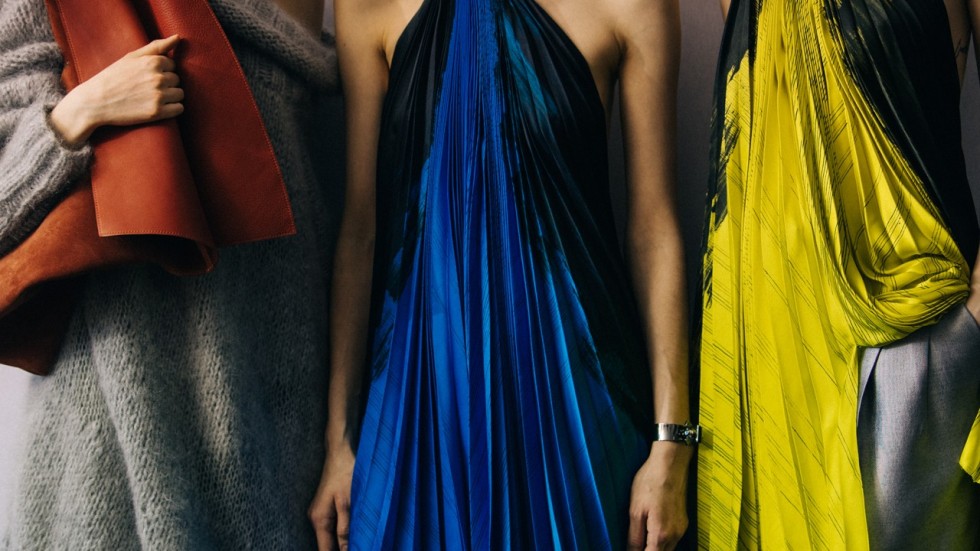
The trouble with designing for a historic house is that observers will want to compare your work with your predecessor. But when Frencoh-Chinese designer Yiqing Yin was approached by Poiret’s chief executive Anne Chappelle to head the return of the legendary fashion house, backed by Korean luxury fashion conglomerate Shinsegae, the project was just the right challenge for someone who achieved the distinction of “grand couturier” in 2015 at the age of 30.
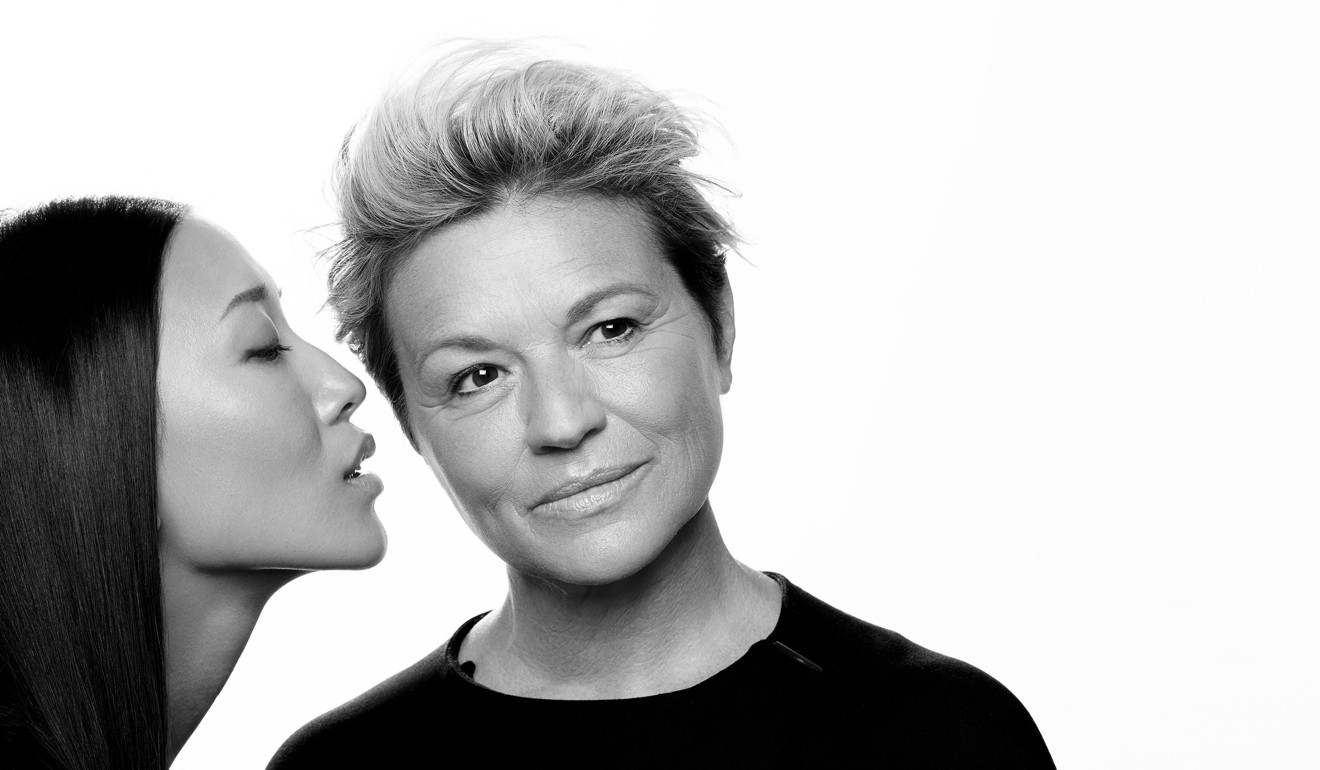
“In reality, it is a completely blank page without being a clean slate. The advantage is freedom of expression. The challenge of such a house is that its heritage is so rich that it takes a lot of editing, not of the archives, but of its very DNA to retain its codes, its motivations,” says Yin, who showed her first collection during Paris Fashion Week in March.
Paris Fashion Week: new designer Yiqin Yin relaunches Poiret
The temptation of the archives could have been irresistible. Before she stepped into the role of artistic director in 2017, Yin was aware of Poiret’s contribution to fashion history and had a passing knowledge of his designs. Her first step was to immerse herself in his writings and the house archives.
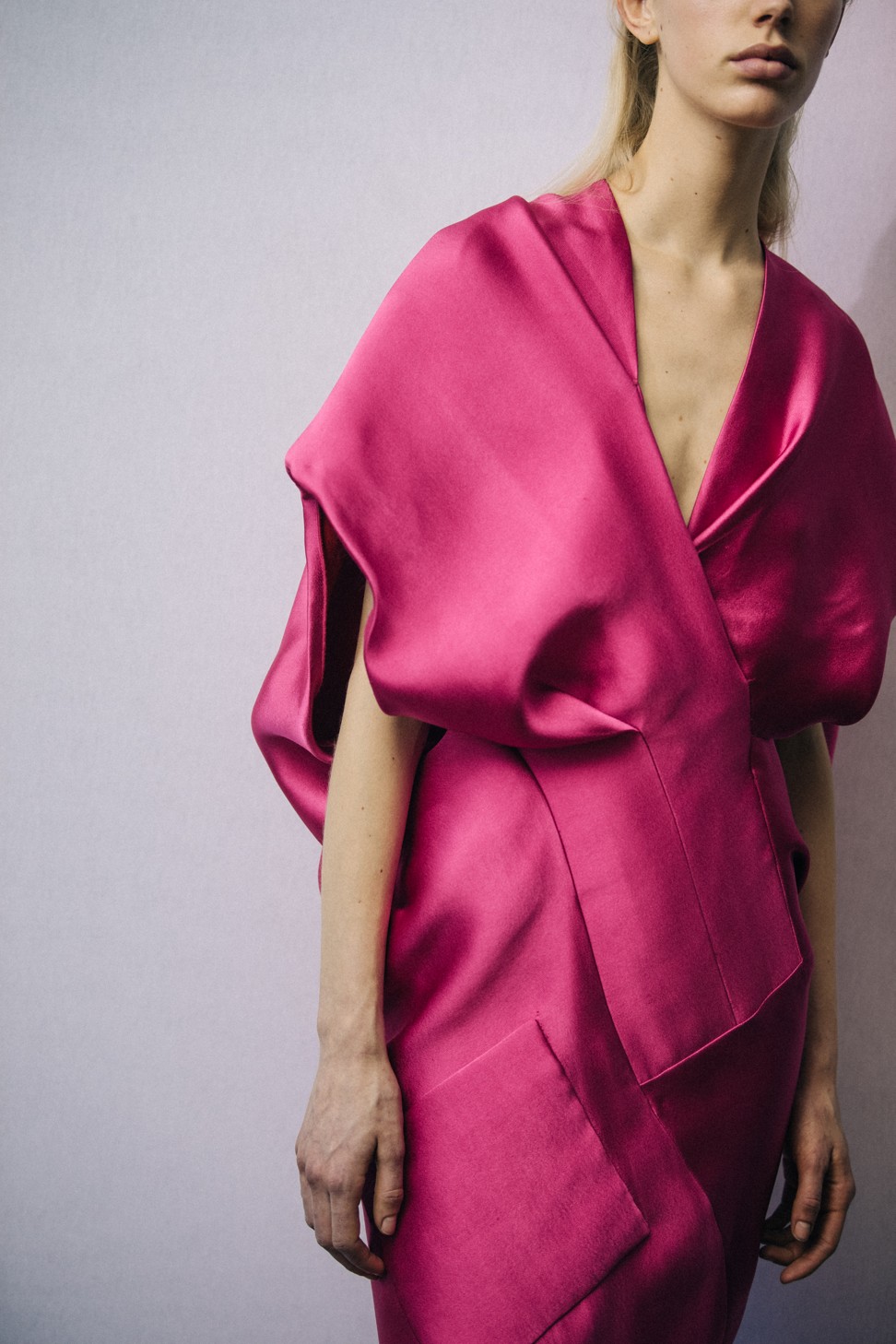
It became clear that defining a house that has been closed for nearly a century could not hinge on asserting history, as rich as it is. “The key is not to dive into an archive, but to go back to how he functioned. It would make no sense to revisit his product or looks. Mentalities, gender identities, seduction have evolved. What’s important is how he challenged the codes, how and why.” Besides, “no one wants to dress like they’re stepping out of a museum exhibition,” Yin says.
The best of Paris Fashion Week: blockbuster Balenciaga, confident Chloé, dreamy McQueen, and a Hong Kong debutante
On a board in her office, a draped cape designed in 1923 sits next to modern snapshots of different folded materials, and images of a gold brocade floral opera coat contrast with pictures of a woman twirling in a similar outfit, on a catwalk. Ninety years separate the two designs.
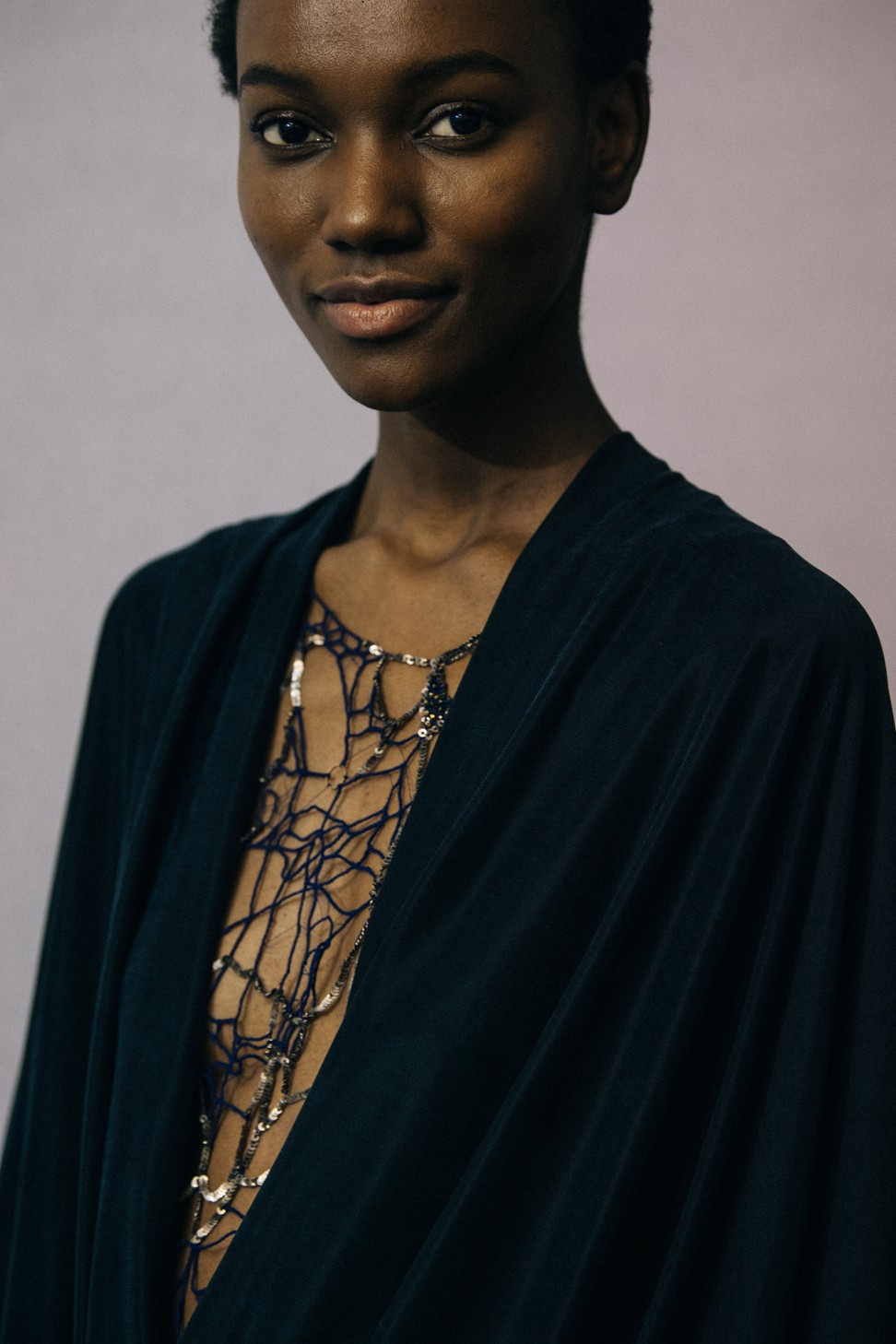
Best remembered for liberating women from the corset, Paul Poiret made a name for himself in the 1910s through epoch-defining silhouettes that brought together bright colours, motifs lifted from Asian cultures or folklore, and dramatic flair. His parties, filled with exotic animals and exuberant revellers, were the talk of the town.
Poiret served in the military during the first world war, returning in 1919 to a business on the verge of bankruptcy. His designs were overshadowed by new designers such as Coco Chanel whose outfits were sleeker and better made. His popularity waned and the house closed in 1929. Poiret faded intro poverty and obscurity, dying in 1944.
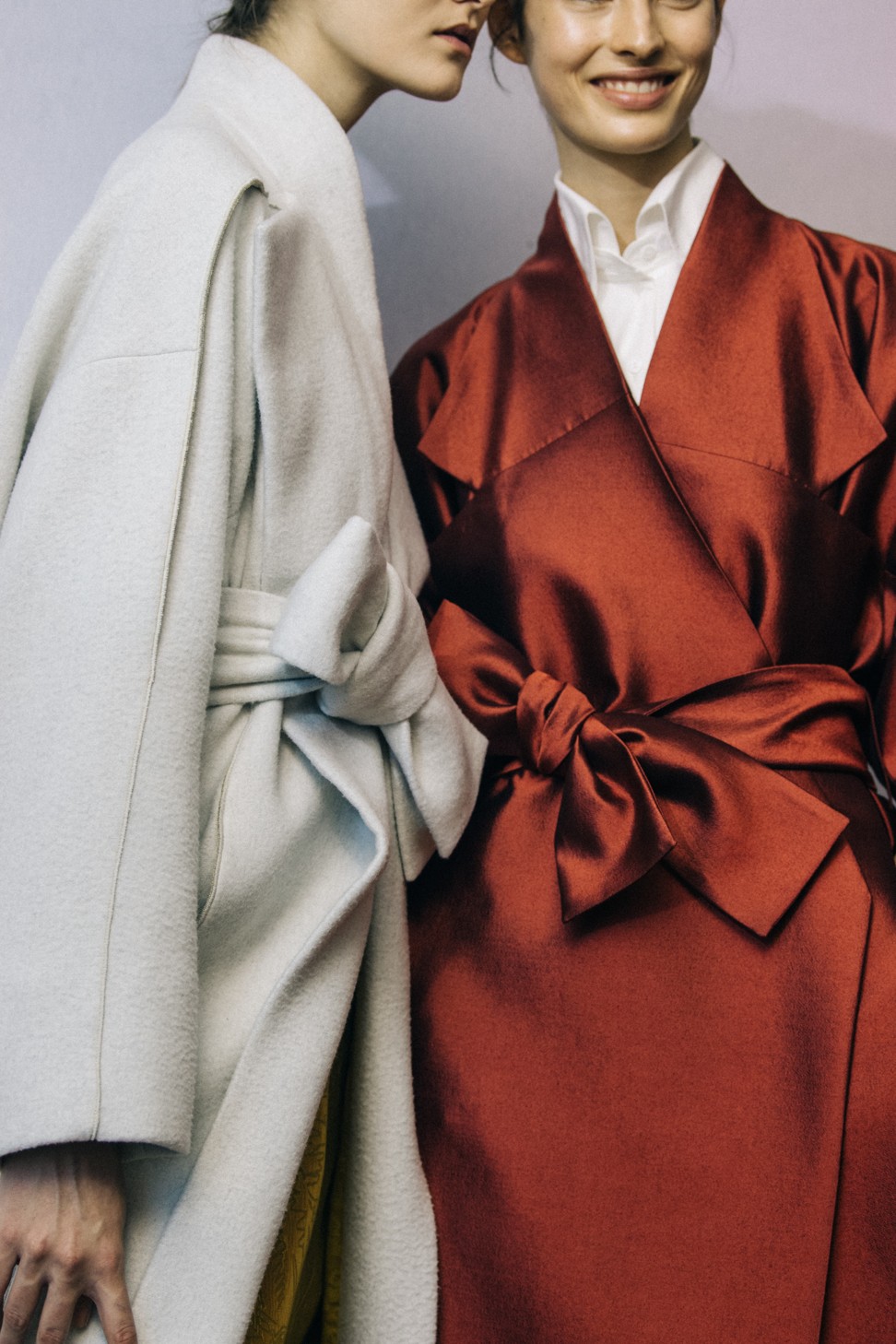
For his successor, Poiret represents “a minimal architectural approach, despite the richly visual universe that he created through textile developments. When you really look at his garments, there is undeniable simplicity and a purity that evokes the clear lines of haute couture.”
Looking at her collection – a deep blue coat held with a belt, with a wide shawl collar – it’s clear that Yin’s Poiret is no warmed-up retelling.
The 10 best moments from the autumn-winter 2018 fashion shows
“[This is] the antithesis of a way of designing that consists of slapping messages and rehashed notions, putting it on a VIP and hoping it’s going to sell,” she says.
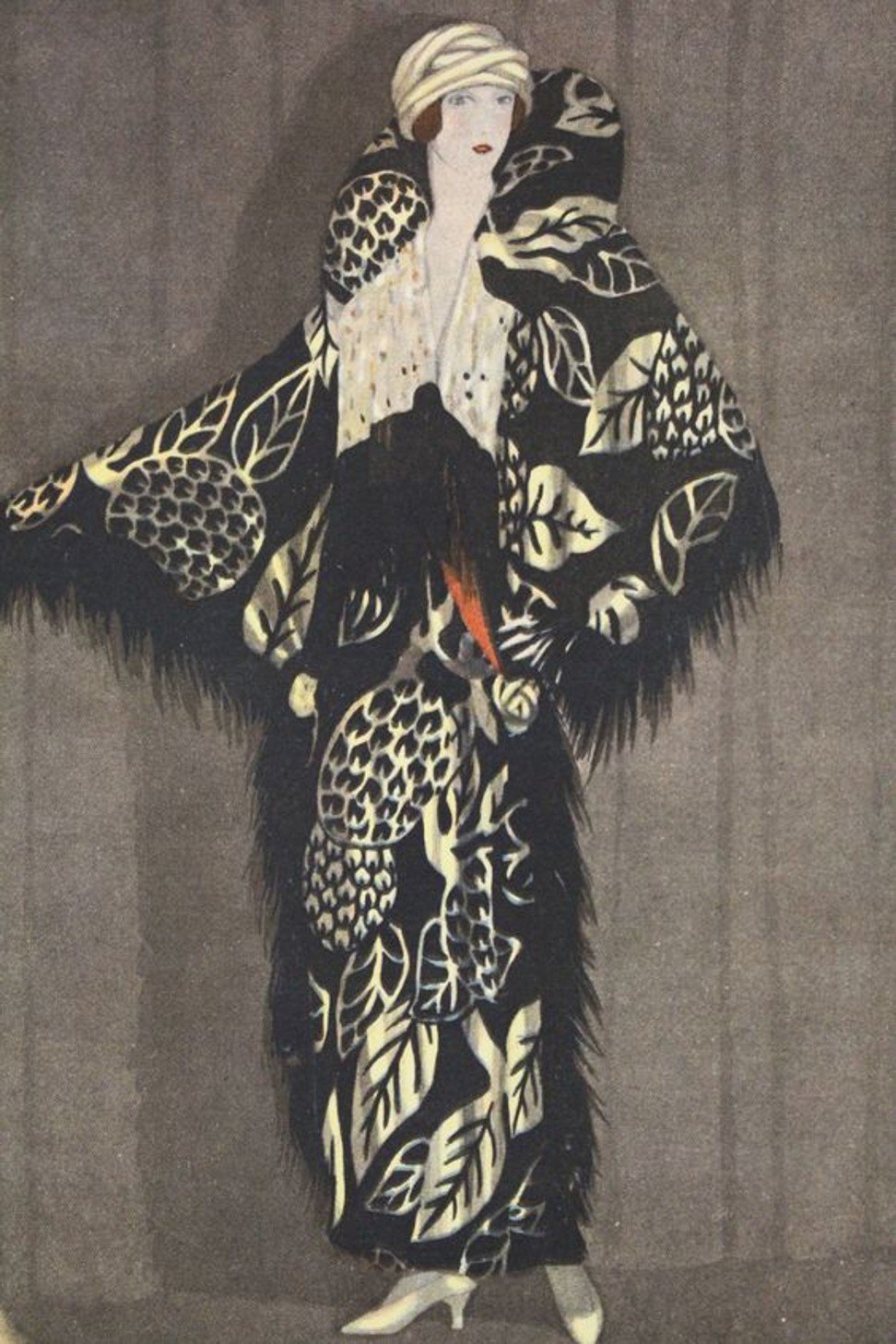
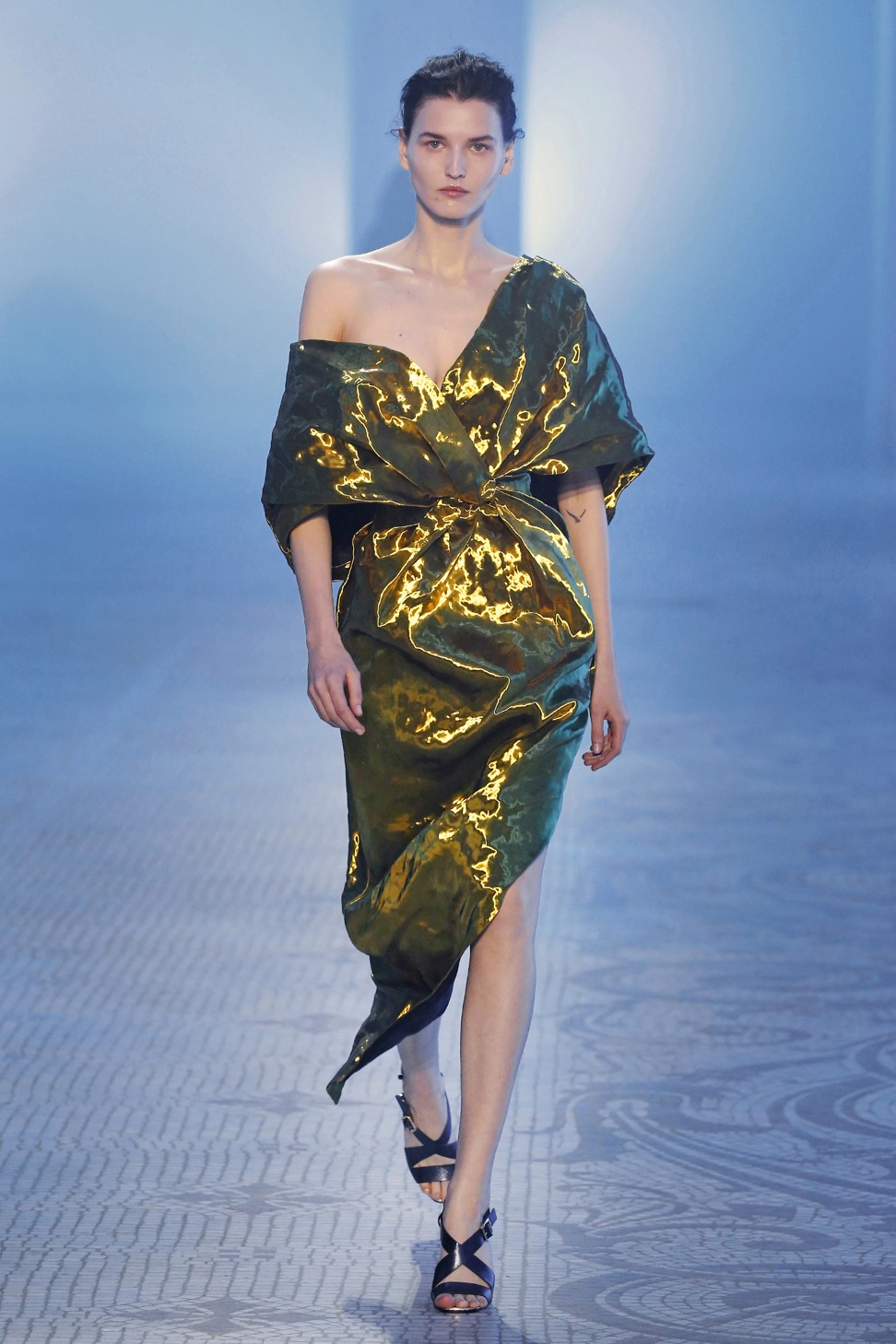
The gold-flecked opera coats, kimono wraps and lush draped jersey frocks inspired by his rectangle-based sack dresses point to past and present united in simple geometries. Future seasons will bring more categories, and perhaps, in time, a successor to “Rosine”, the scent Paul Poiret launched in 1911.
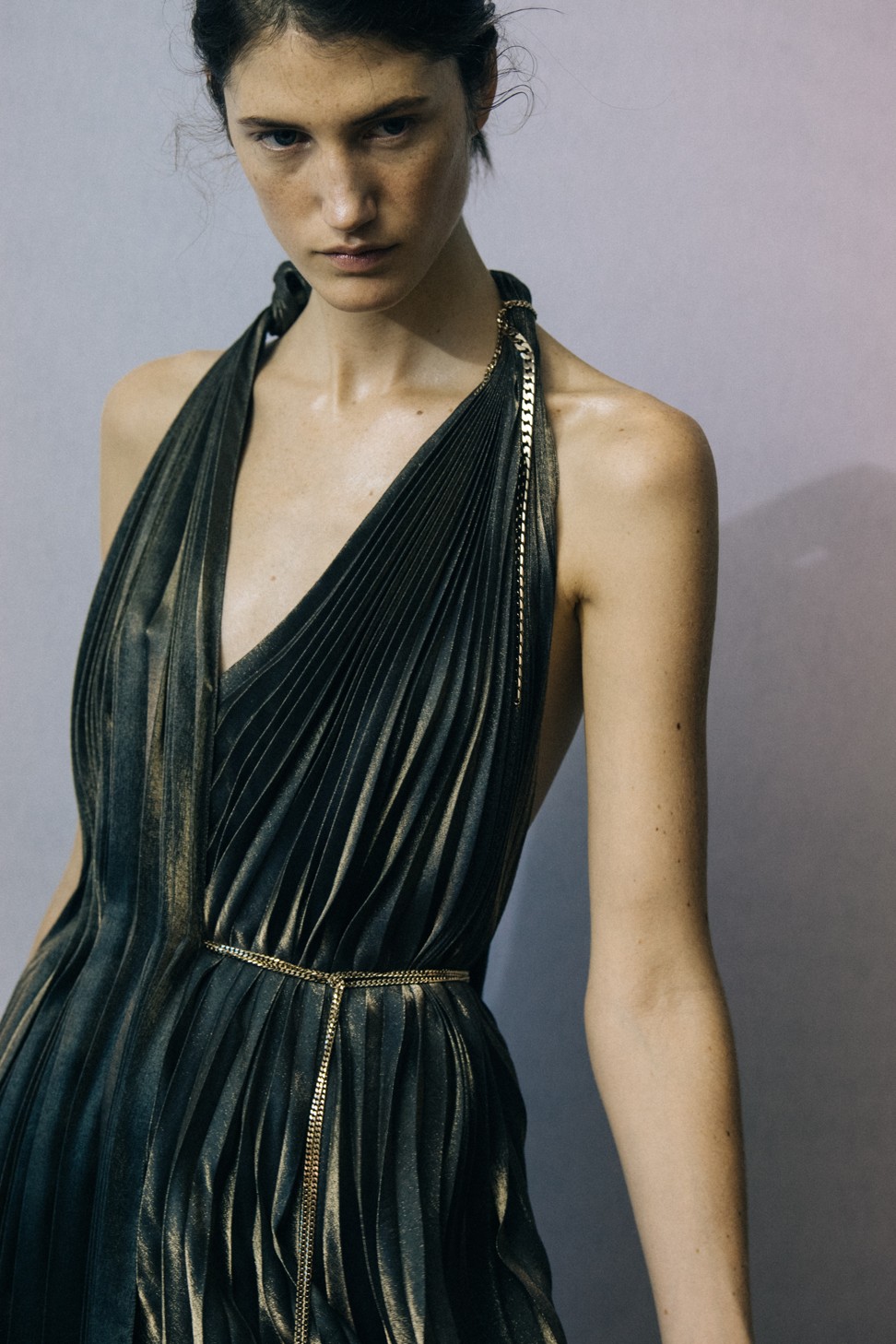
Plainly put, it is relevance, not reverence, that Yin seeks to achieve. “It all comes back to how he viewed the world,” Yin says. “If he were alive today, what would Paul Poiret do?”







